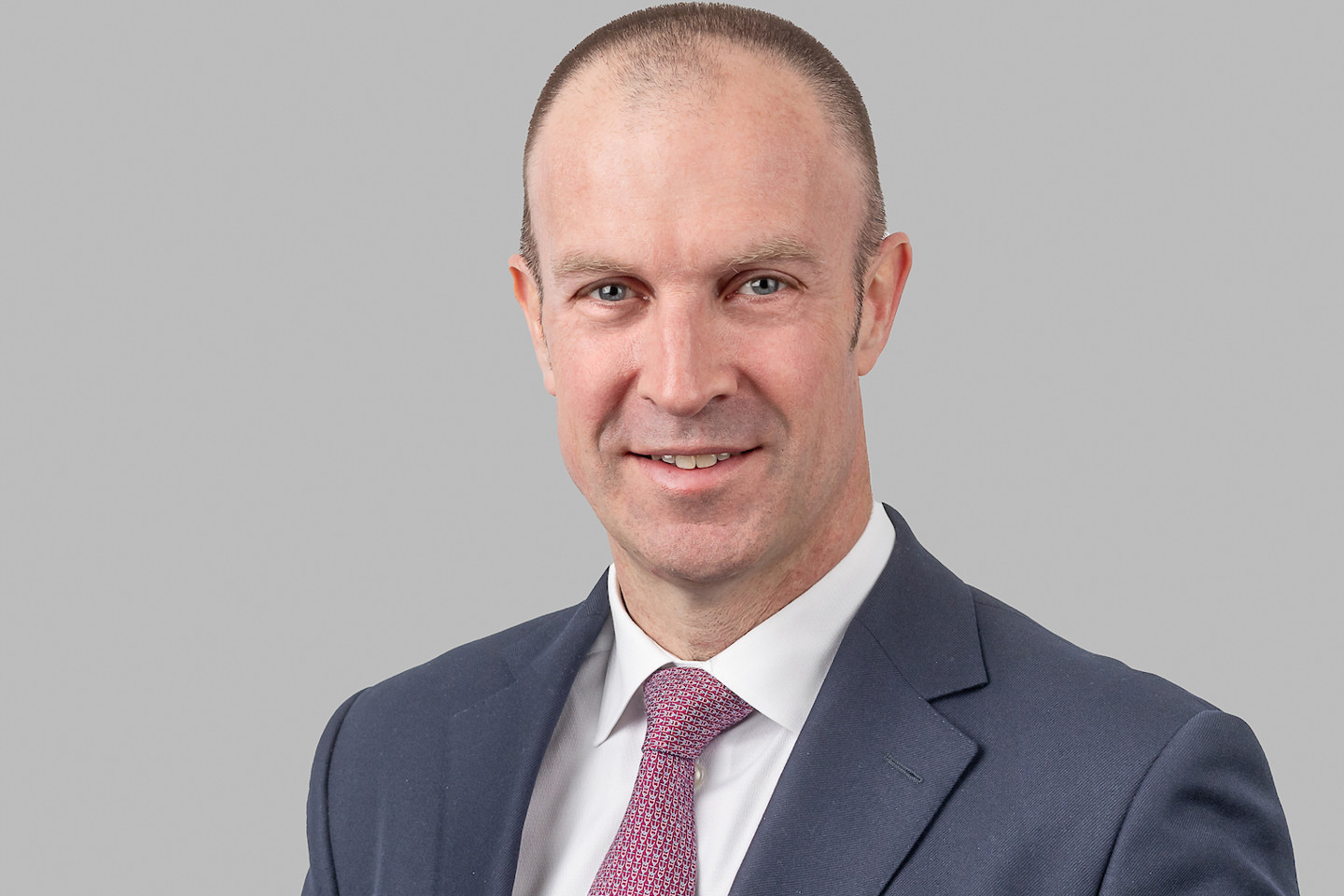
Edward Mackereth
Global Managing Partner | Legal
Jersey

Edward Mackereth
Global Managing Partner
Jersey
No Content Set
Exception:
Website.Models.ViewModels.Components.General.Banners.BannerComponentVm
At the end of last year Jersey's Royal Court delivered a landmark judgment concerning the circumstances in which proprietary claims may be established and when assets may be traced.
Jersey's Court of Appeal has now endorsed the approach taken by the Royal Court.
In doing so the Court of Appeal expressly acknowledged that in future the Jersey Court will be making an evalutive judgment where it is asked to treat one asset as representing or being a substitute for the plaintiff's original property.
The Federal Republic of Brazil and The Municipality of Sao Paolo (the Plaintiffs) claimed against approximately USD 10.5 million that had been paid into bank accounts of the Defendants in Jersey (the Funds). The Funds were alleged to have been the traceable proceeds of bribes received by the former Mayor of Sao Paolo, Paulo Maluf, and his son Flavio (together the Malufs) during Paulo's time in office.
The Plaintiffs claimed that the Funds had made their way to Jersey via unidentified black-market currency dealers (Doleiros) in Brazil and an account beneficially owned and controlled by the Malufs in New York (the New York Account). The claim was not one for damages, but rather for the recovery of the Funds on the grounds that the Defendants were constructive trustees of the Funds by them with knowledge of their tainted origin; alternatively on grounds of unjust enrichment or a proprietary claim to the Funds.
The Court of Appeal started by making general observations on tracing. It stated that what it was being asked to do was to identify an asset which represented the Plaintiff's property. In other words the Court was being asked to treat an asset which was not in reality the Plaintiff's original property as being a substitute for that property.
The Court therefore underlined that in a particular case a Court will be making an evaluative judgment and not applying a hard edged rule. The Court expressly stated that it was making a policy choice as to whether the law was prepared to recognise that one asset represented another.
The Court further drew a distinction between property rights, which were hard edged and tracing. It defined tracing as a means of vindicating such rights i.e. it is a remedy to give effect to a right not a right itself.
The Court of Appeal therefore endorsed the approach of the Royal Court and stated that in exercising its tracing jurisdiction the Court would be concerned in practice more with questions of evidence than questions of principle.
The Court of Appeal also confirmed the Royal Court's rejection of the English approach and stated that the law of Jersey should and does recognise tracing as a unitary concept unencumbered by the burden of history which has complicated the position in England.
The Court of Appeal then specifically considered a number of points as follows:-
To succeed in a tracing claim, a plaintiff has to establish a necessary link between the plaintiff's original property and the amount claimed. The Court of Appeal did not seek to define any rules as to what was meant by a necessary link or connection. Rather it was a matter to be dealt with on a case by case basis.
The Court of Appeal confirmed the Royal Court's approach there was no need to restrict the scope of the evidential test by applying a lower intermediate balance principle. This principle is founded on the concept that a plaintiff is only entitled to trace the lowest value of the money held between the date of misappropriation of the plaintiff's money and the date upon which the claim is brought. Rather the Court of Appeal commented that such a scenario would mean that a plaintiff could face considerable but not necessarily insuperable difficulties in establishing the necessary connection.
The Court of Appeal took a similar approach in relation to backwards tracing. In particular the Court stated that a plaintiff who sought to trace into an asset which had been acquired by means of a payment from an account before that account had received any trust property said to have come from the plaintiff, would face considerable difficulties in establishing the necessary link. Again the issue was seen as an evidential one not an application of a principle.
The Court therefore reconfirmed that the approach was one of evidence rather than any question of theory or doctrine. In particular it endorsed the issue as being whether there was sufficient evidence to establish a link between the original property and the property into which a plaintiff was seeking to trace.
On the fact of the case, the Court of Appeal confirmed the decision of the Royal Court below and rejected all grounds of appeal.
The wider implications of the Royal Court and Court of Appeal decisions still remain to be seen.
In particular it remains unclear as to how the Jersey Court in future will decide what evidence is sufficient to show a necessary connection.
It is not clear what will happen where there are questions of insolvency, prejudice to unsecured creditors, the involvement of third parties acquiring assets for value or multiple victims of fraud.
For those holding assets for others whether as banker, trustee, custodian or fund manager, this judgment underlines the importance of understanding the ultimate source of funds received. Without such an understanding any financial institution is at risk of finding itself drawn into complex legal and regulatory claims including personal claims for paying away assets that might be found to belong to third parties.
Whether the case is appealed further to the Supreme Court is unknown at this stage. If it is, it would be an opportunity for the Supreme Court to evaluate the Jersey approach, as well as reconsider the English position.
Ogier acted for the party cited.

Edward Mackereth
Global Managing Partner | Legal
Jersey

Edward Mackereth
Global Managing Partner
Jersey

Nick Williams
Partner | Legal
Jersey

Nick Williams
Partner
Jersey

Oliver Passmore
Partner | Legal
Jersey

Oliver Passmore
Partner
Jersey
Ogier is a professional services firm with the knowledge and expertise to handle the most demanding and complex transactions and provide expert, efficient and cost-effective services to all our clients. We regularly win awards for the quality of our client service, our work and our people.
This client briefing has been prepared for clients and professional associates of Ogier. The information and expressions of opinion which it contains are not intended to be a comprehensive study or to provide legal advice and should not be treated as a substitute for specific advice concerning individual situations.
Regulatory information can be found under Legal Notice
Sign up to receive updates and newsletters from us.
Sign up
No Content Set
Exception:
Website.Models.ViewModels.Blocks.SiteBlocks.CookiePolicySiteBlockVm